While you should always seek a doctor’s opinion before starting or changing medication for your emotional disorders, initial research demonstrates the potential of CBD as a potential treatment for atypical depression.
CBD has a positive interaction with serotonin receptors in the brain, which can help boost and regulate mood while reducing anxiety.
Some researchers are starting to explore what the impacts on atypical depression are. Understanding the current state of research could help you to make better choices about CBD use and depression.
Despite the name, atypical depression is very common. It is a subtype of major depression and dysthymic disorder (another type of depression also called chronic major depression). Symptoms of atypical depression include oversleeping, increased appetite, increased reaction to problems in social and professional relationships, and feeling weighed down.
It is believed to be the result of impaired brain circuit functioning related to mood. It is currently unclear why atypical depression may emerge versus melancholic depression (another subtype).
Depression is associated with risk factors such as family history, substance abuse, difficulties with major life events (death, trauma, illness etc.) and other life-related triggers. Brain chemicals called neurotransmitters play a role in depression, but the exact cause is unknown.
In most cases, atypical depression is treated with psychotherapy. This is a type of therapy involving talking with a professional who can help the individual establishing mechanisms for handling triggers. Therapy appears to also have a direct benefit on depression. Doctors may also suggest lifestyle changes such as avoiding alcohol and other drugs.
Many patients are also treated with medications. These can include monoamine oxidase inhibitors and other antidepressants such as SSRIs. Some other types of antidepressants are not effective for the atypical type of the disorder.
There has only been a small number of studies into using CBD oil for depression, stress and anxiety so far. However, anecdotal and early research suggests that using CBD for mental health may be beneficial.
One study from 2018 found that CBD has anxiolytic, antipsychotic and neuroprotective properties. This suggested that using CBD for mood swings and depression may be helpful. However, it also suggested that further study is needed.
Other research has found that CBD has a positive interaction with serotonin receptors in the brain. However, whether this will positively impact atypical depression requires more research.
Check back at Smart CBD Hub regularly to learn more. We share the latest news and information about CBD’s health effects.
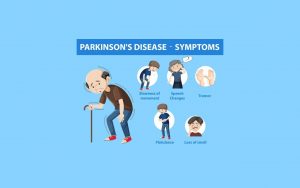
Parkinson’s disease is a degenerative neurological disease that primarily impacts movement. Parkinson’s symptoms include tremors, muscle rigidity, slowing of movement, impaired balance, changes to speech...
Read More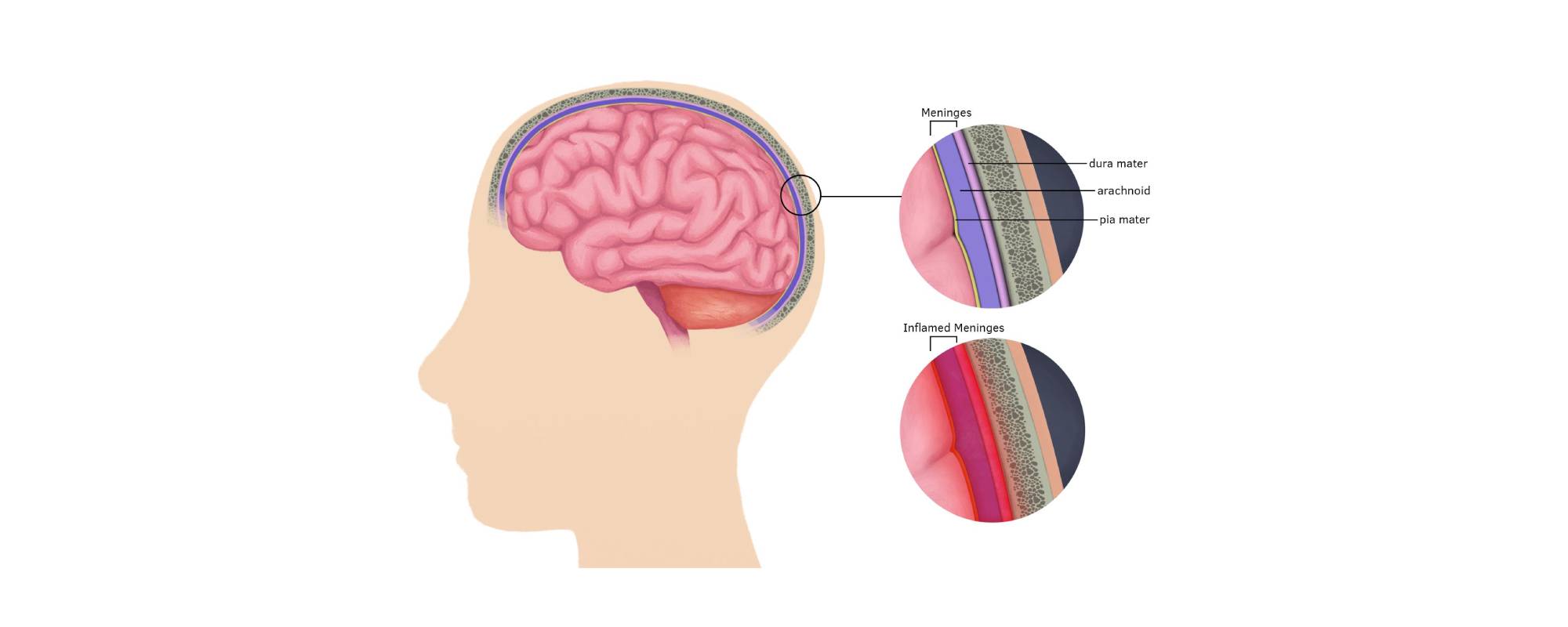
Meningitis is the term used to describe the inflammation of the fluid surrounding the brain and spinal cord and the meninges, or the membranes, that...
Read More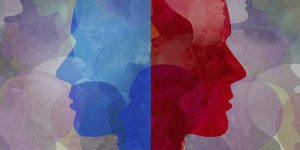
Depressive psychosis is a mood disorder that is very serious and should never be taken lightly. In most cases, it requires immediate hospitalization to protect...
Read More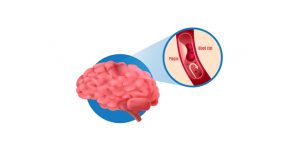
Recent research focuses on CBD oil and dementia. While there is little evidence that shows CBD helps with Alzheimer's, it may help with vascular dementia.
Read More
CBD manages the symptoms of PHIT ADHD through the endocannabinoid system by acting as an anti-depressant and helping to reduce impulsivity and hyperactivity
Read More
CBD oil reduces anxiety and stress, two common side effects and symptoms of ADHD. This makes CBD a potential tool for those diagnosed with combined...
Read More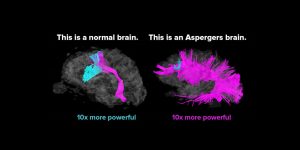
Can CBD oil be used to help treat people with Asperger Syndrome? Smart CBD Hub explores the research and potential benefits for Asperger’s patients.
Read More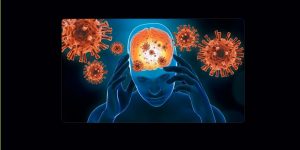
Encephalitis is severe swelling of the brain. Research supports the use of CBD for brain inflammation and swelling and to control immune response.
Read More
As ADHD is increasingly diagnosed in adults and children, many people are turning to CBD oil for ADD/ADHD symptom management and as a replacement for...
Read More